Powering up your career in the dynamic world of manufacturing? The artfully written manufacturing resume is your blueprint to success.
This guide is packed with practical tips, examples, and useful samples designed to steer your job application to the top of the pile.
We'll cover everything you need to know about writing a job-winning manufacturing resume. Keep reading to how to:
- Choose a resume format that fits your experience level in manufacturing
- Write an eye-catching manufacturing resume summary
- Include technical and interpersonal skills on a manufacturing resume
- Focus on your specialized skills in your work experience section
- Use certifications to enhance your education section
- Access useful job search resources for manufacturing professionals
1. Choose a resume format that fits your experience level in manufacturing
Resumes can come in many different shapes and sizes. When it comes to a manufacturing resume, the best format to use is highly dependent on the applicant’s experience level.
Different resume formats serve different purposes – namely in serving applicants with varying levels of work experience. Below we have provided a brief explanation of each main type of resume, as well as how and when to use them:
- Reverse-chronological: This is the most common and standard resume format. It focuses on your work experience the most, listing your most recent position first and then working backward in reverse-chronological order. While this format is what most employers will expect to see, it does not always work well for applicants with limited to no relevant work experience.
- Functional: The functional resume is an alternative format that is commonly used by recent high school or college grads. Rather than focusing on work experience, it places most of its emphasis on education, skills, and unpaid experience. This works well for recent graduates who have many academic and extracurricular experiences, but little to no formal work experience.
- Hybrid: The hybrid resume is exactly as it sounds – a hybrid between the reverse-chronological and functional formats. Rather than placing heavy emphasis on any single section, the hybrid spreads the focus out more evenly amongst all sections. This format works well for applicants with some relevant work experience who have either switched career paths or have large gaps in their work histories.
2. Write an eye-catching manufacturing resume summary
A resume summary is a brief statement that serves as the introduction to your resume. In this summary, you should focus on what makes you stand apart as a job applicant, such as your years of experience or significant accomplishments.
Take a look at the following incorrect example of a weak resume summary, followed by a breakdown of how to correct it
Incorrect manufacturing resume summary example
Experienced manufacturing worker with a background in manufacturing engineering and the related processes. Worked for many years in the plastics industry and helped in the development of new machines designed to reduce waste.
What's wrong with this example? When writing your resume summary, you want to provide as many specific details and contextual information as possible. In this example, the applicant is a bit vague regarding their engineering experience. Additionally, they should talk more about the machinery system they helped to design and develop.
Corrected manufacturing resume summary example
Dedicated Manufacturing Worker with 4+ years of experience working in the plastics industry. Specialized in manufacturing engineering procedures, with an emphasis on sustainability and waste reduction. Assisted in the design and development of a machine system that reduces plastic waste by more than 25%.
Why is this better? In this corrected example, the applicant provides a lot higher quality information in regards to their experience level and accomplishments. They identify their specialization in engineering and then immediately provide a provable example by describing the machine they helped create.
3. Include technical and interpersonal skills on a manufacturing resume
Including both hard and soft skills on your manufacturing resume is crucial for presenting a comprehensive and well-rounded profile to potential employers.
Hard skills are specific technical abilities and knowledge related to the manufacturing industry, such as proficiency in operating machinery, understanding quality control processes, or expertise in Lean Six Sigma methodologies.
These skills demonstrate your technical competencies and make you a valuable asset in executing manufacturing tasks efficiently and effectively.
In addition to hard skills, soft skills are equally important in the manufacturing industry. Soft skills encompass your interpersonal abilities, communication skills, problem-solving aptitude, and teamwork capabilities.
These skills showcase your ability to collaborate effectively with colleagues, adapt to changes in the production environment, and contribute to a positive work culture.
For instance, strong communication skills allow you to effectively convey instructions, provide feedback, and coordinate with cross-functional teams. Meanwhile, problem-solving skills enable you to identify and resolve production issues, minimize downtime, and enhance operational efficiency.
The best hard skills for your manufacturing resume
- Production Machinery
- Robotics
- Mathematical Skills
- Quality Control
- Data Analytics
- Coding/Programming
- Standard Manufacturing Procedures
- Continuous Improvement Process
- Welding
- Product Design
- Quality Management
Effective soft skills to put on your manufacturing resume
- Problem-Solving
- Teamwork
- Leadership
- Verbal Communication
- Organization
- Multi-Tasking
- Supervision
- Attention to Detail
- Critical-Thinking
- Dependability
4. Focus on your specialized skills in your work experience section
There are many different positions within the field of manufacturing, each with their own key responsibilities and required skills.
When applying for a job in manufacturing, it is important to be clear about what type of experience you have within the industry and any key accomplishments and goals you helped achieve. You should always strive to provide at least one quantifiable example, such as a percentage of sales you helped to increase.
Additionally, you should work in both technical and interpersonal skills into your job descriptions. This will help you in demonstrating how you apply your abilities within the field.
Here is an example of a work experience entry from a manufacturing resume
Production Line Worker | Empire Manufacturing, Inc.
Boston, MA | February 2019 to January 2021
- Exceeded production targets by 110% weekly while meeting 100% of quality goals.
- Assisted in the installation of energy-efficient machinery and appliances that cut operational expenses by 15%.
- Assembled components of electronic appliances to be packaged and sold together.
5. Use certifications to enhance your education section
Depending on the manufacturing role you seek, there will be different levels of training and educational credentials expected of you.
In general, the minimum educational requirements for manufacturing workers are either a high school diploma or a GED.
However, having a two- to four-year degree, or having completed additional training and certification programs, can help you maintain a competitive edge on your resume.
Here is an example of a well-crafted education section on a manufacturing resume
Education
- Associate’s Degree in Manufacturing Management | Atlanta Technical College
- Atlanta, GA | 2015-2017
Certifications
- Certified Production Technician | Manufacturing Skill Standards Council
- Project Management Professional | Manufacturing Skill Standards Council
6. Essential job search resources for manufacturing professionals
Crafting your future in manufacturing is a blend of the right skills and the right opportunities. To fine-tune your job search, here's a list of useful resources tailored for the manufacturing maestro:
- Industry-specific job boards: Specialized job sites such as iHireManufacturing and ManufacturingJobs.com focus exclusively on the manufacturing sphere.
- Professional networking sites: LinkedIn remains a go-to platform, abundant with networking chances and diverse job postings in manufacturing.
- Manufacturing association: Organizations such as The Association for Manufacturing Technology (AMT) not only provide resources but often feature job boards and networking events.
- Industry publications: Trade papers and magazines such as Manufacturing Business Technology regularly publish job listings and provide industry insights.
Consider these your tool kit in carving a successful career in manufacturing. Stay connected, stay updated, and let your career take flight.
Manufacturing Resume FAQ
What length should my manufacturing resume be?
Ideal length depends on your experience. If you're early in your career keep it to one page. Experienced pros can extend to two pages. Keep it concise and impactful.
Should I use jargon in my manufacturing resume?
Balance is key. Use industry-specific terms to display competency, but avoid overloading with jargon that could confuse HR or non-technical readers.
How should I handle gaps in my employment history?
Be open and direct about gaps. Focus on productive activities during these times, such as further education, volunteering, or freelance projects related to manufacturing.
Is an objective necessary on my manufacturing resume?
Not mandatory but can be beneficial, especially if changing career paths. Ensure your objective aligns clearly with the specific manufacturing role you're applying for.
What's the importance of soft skills in a manufacturing resume?
Don't underestimate them. While technical skills are crucial, soft skills like communication, teamwork, and problem-solving are highly valued in modern manufacturing environments.


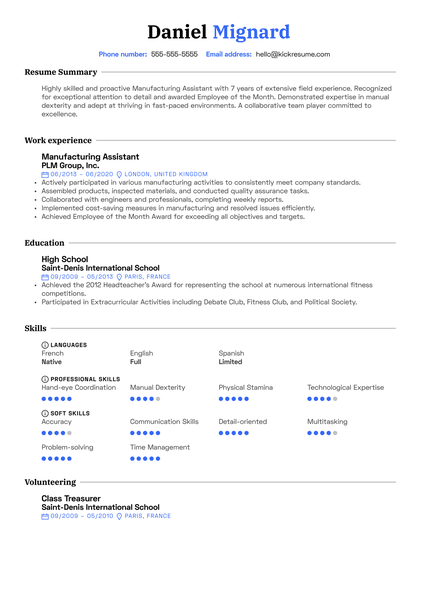
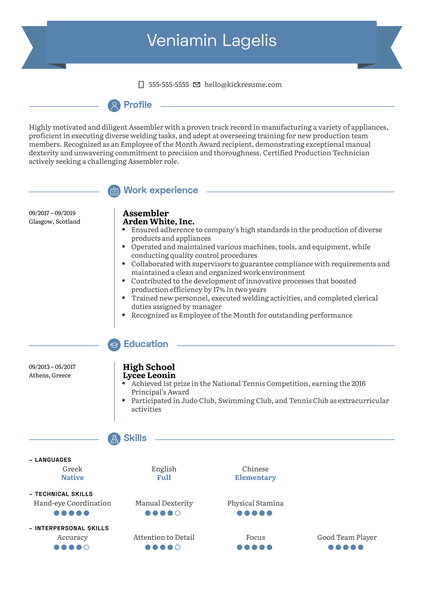
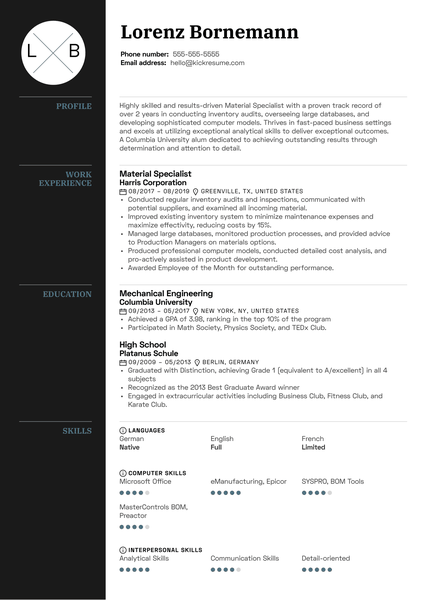
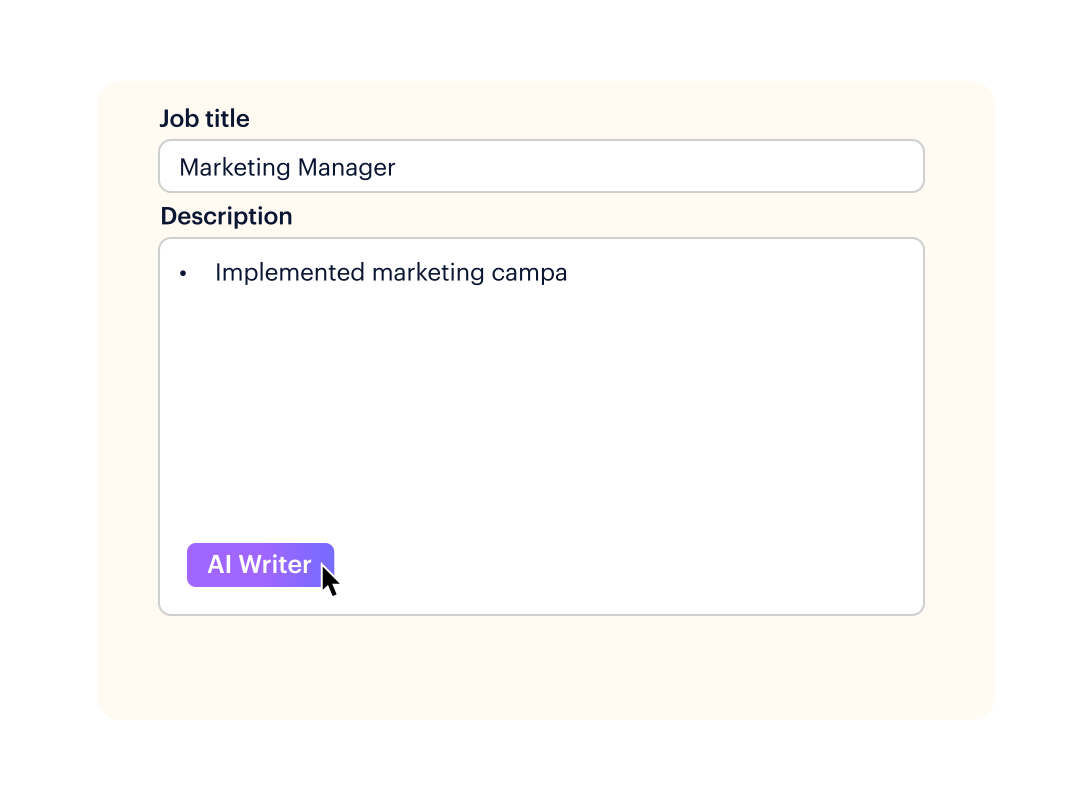



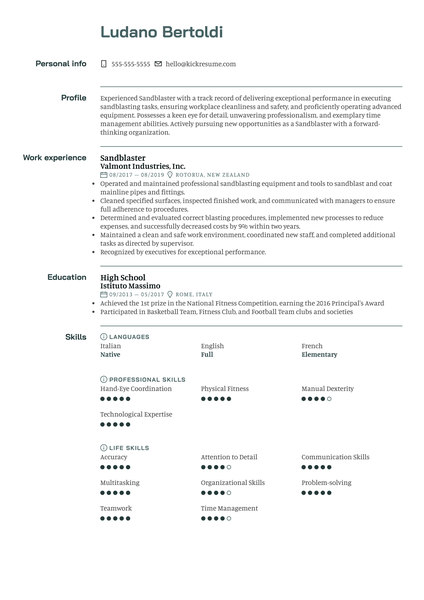

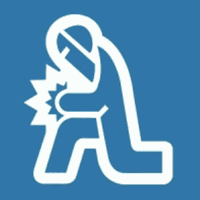
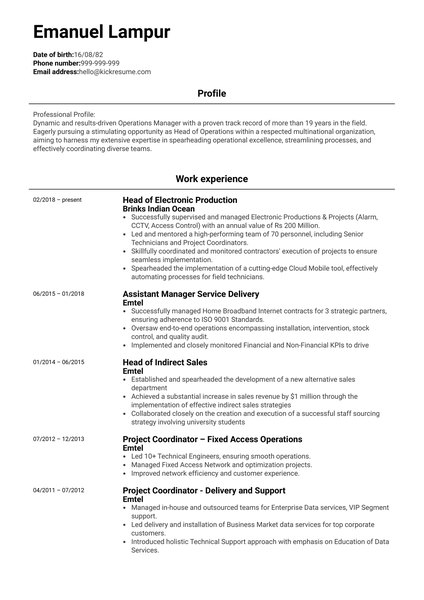
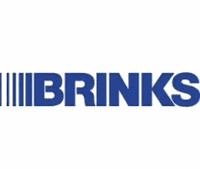


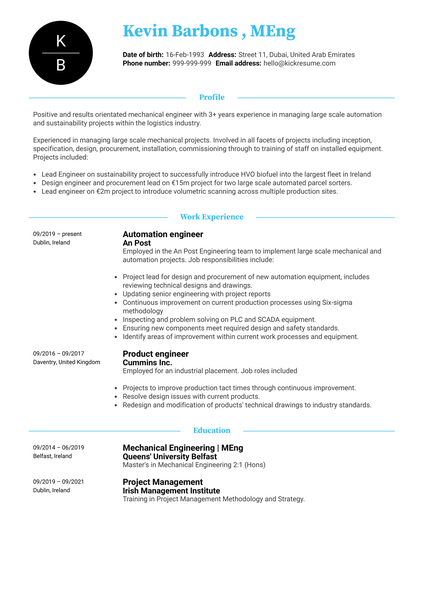

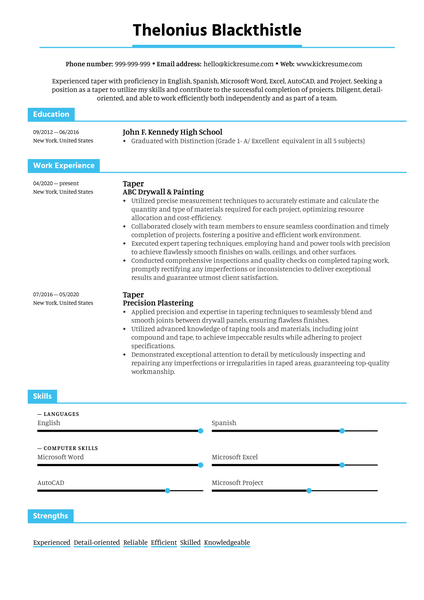
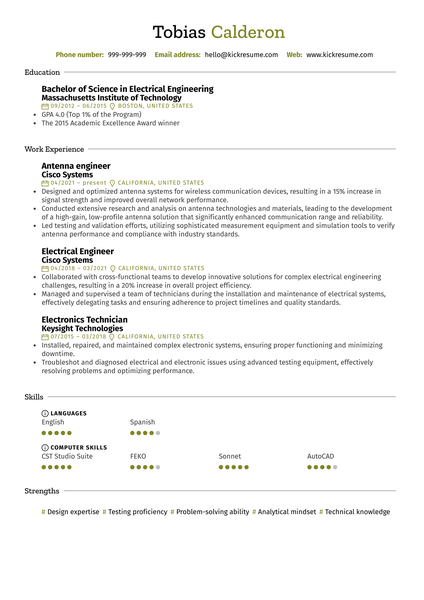
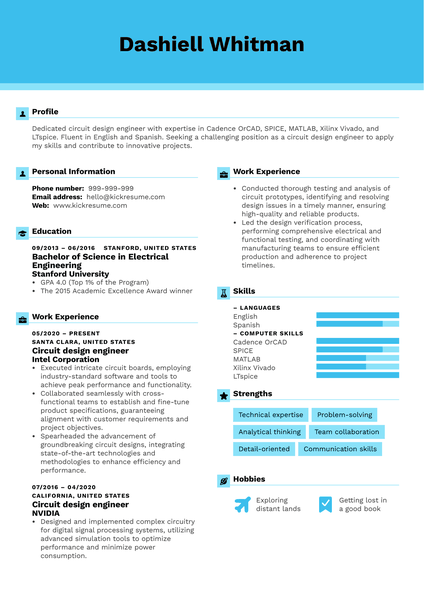
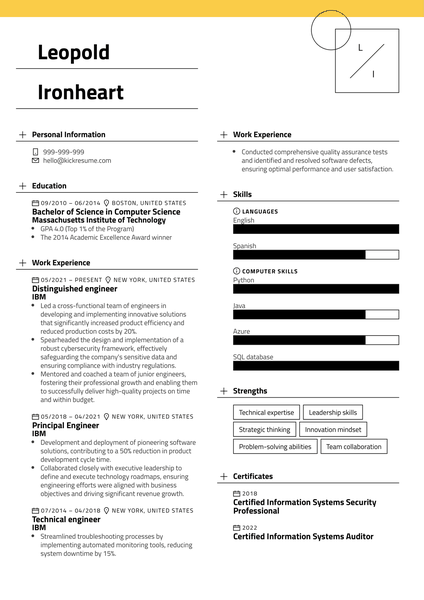
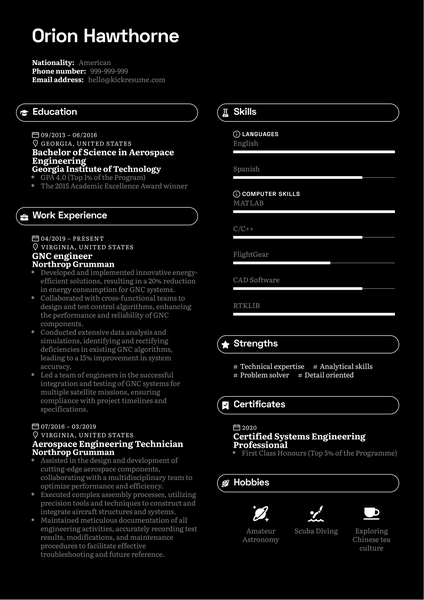
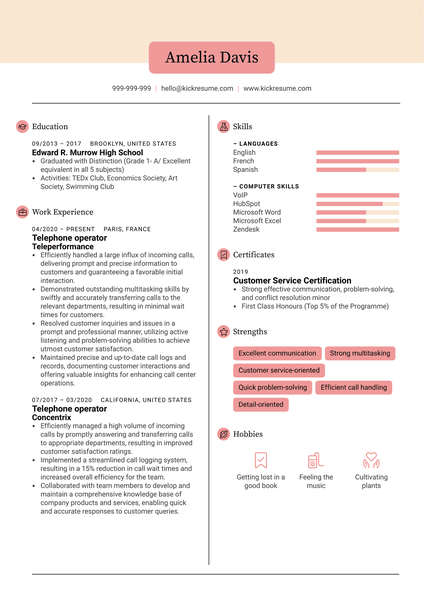


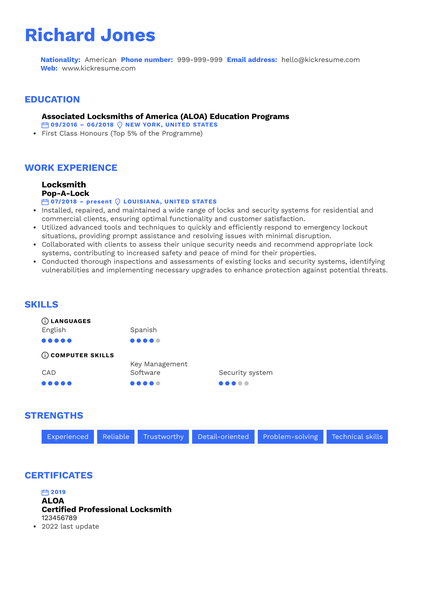
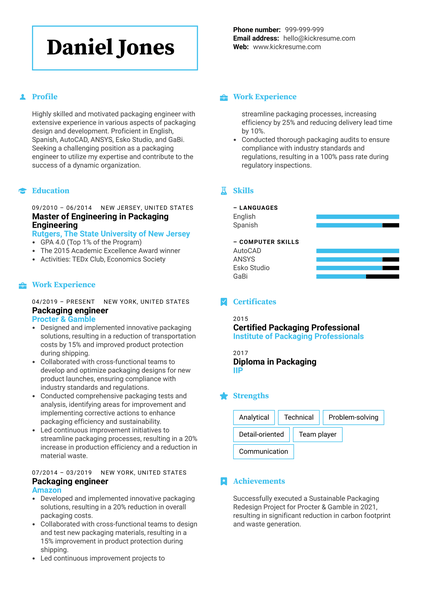
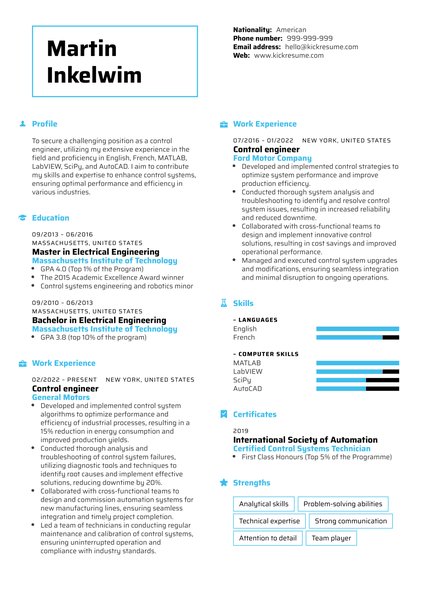
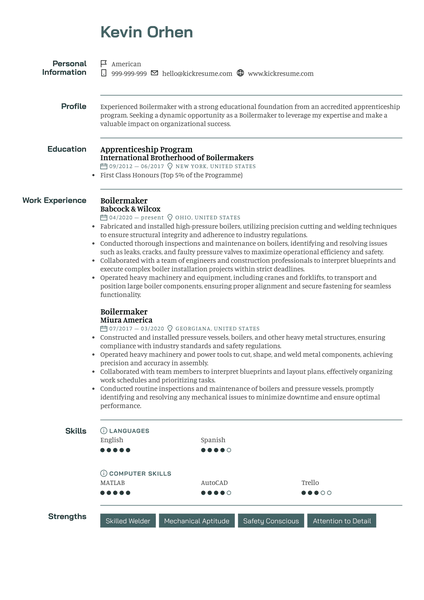
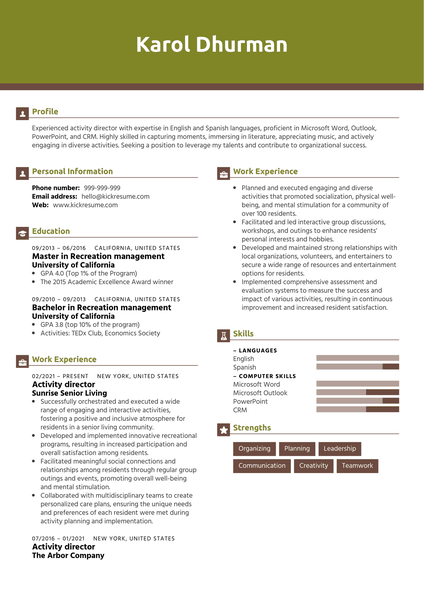
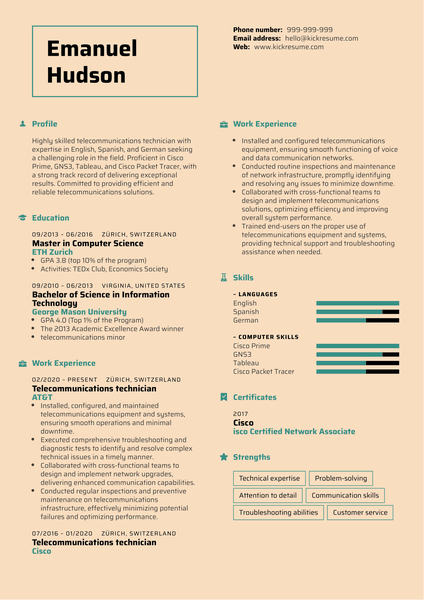
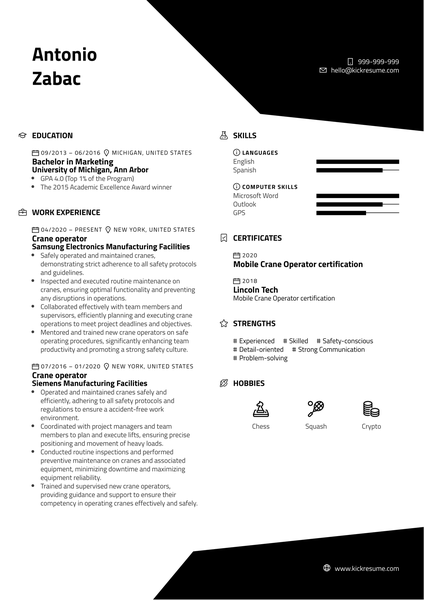
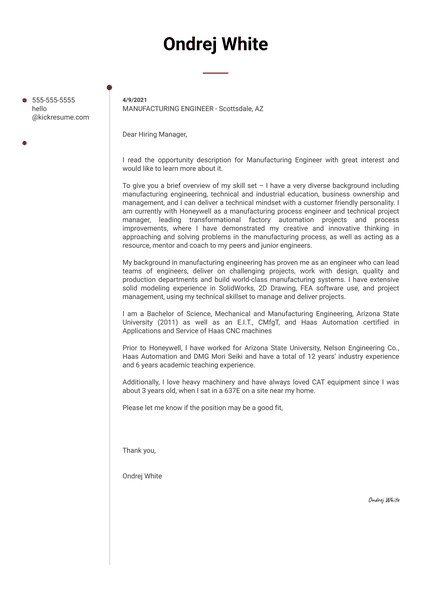
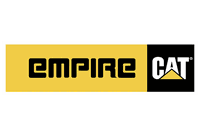
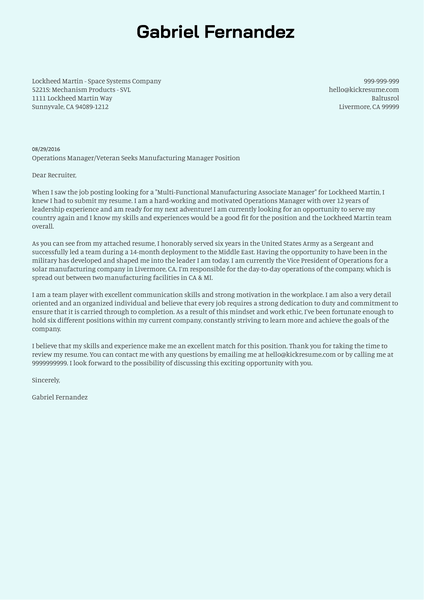
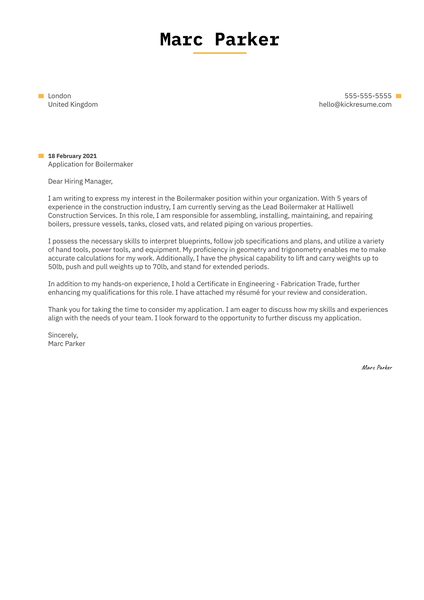
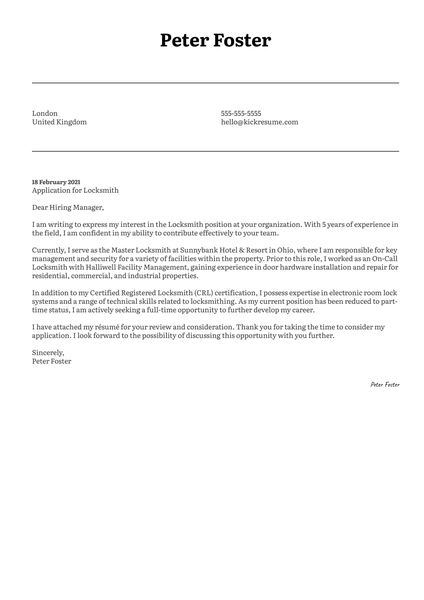


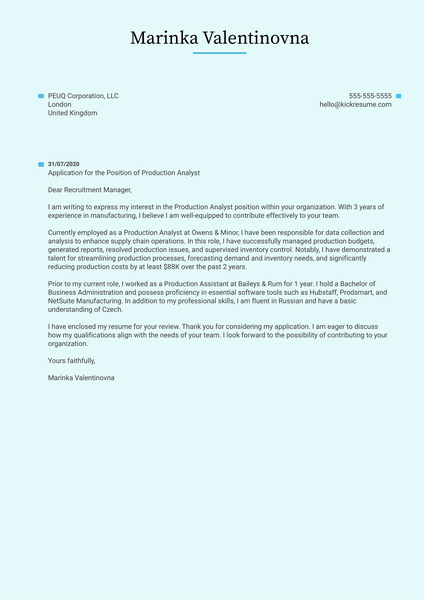
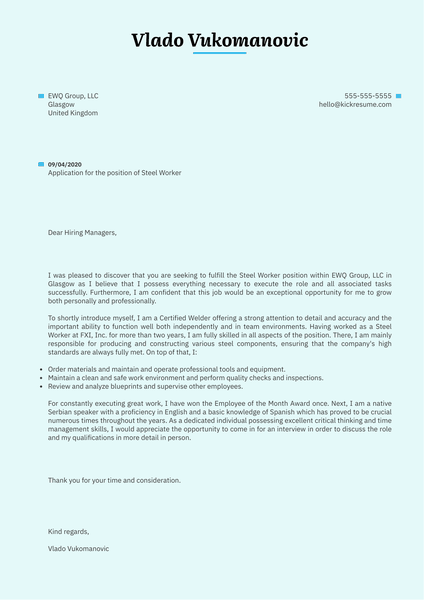
![How to Write a Professional Resume Summary? [+Examples]](https://d2xe0iugdha6pz.cloudfront.net/article-small-images/i-Profile.svg)
![How to Put Your Education on a Resume? [+Examples]](https://d2xe0iugdha6pz.cloudfront.net/article-small-images/i-Collage-Universities.svg)
![How to Describe Your Work Experience on a Resume? [+Examples]](https://d2xe0iugdha6pz.cloudfront.net/article-small-images/Experience.svg)


